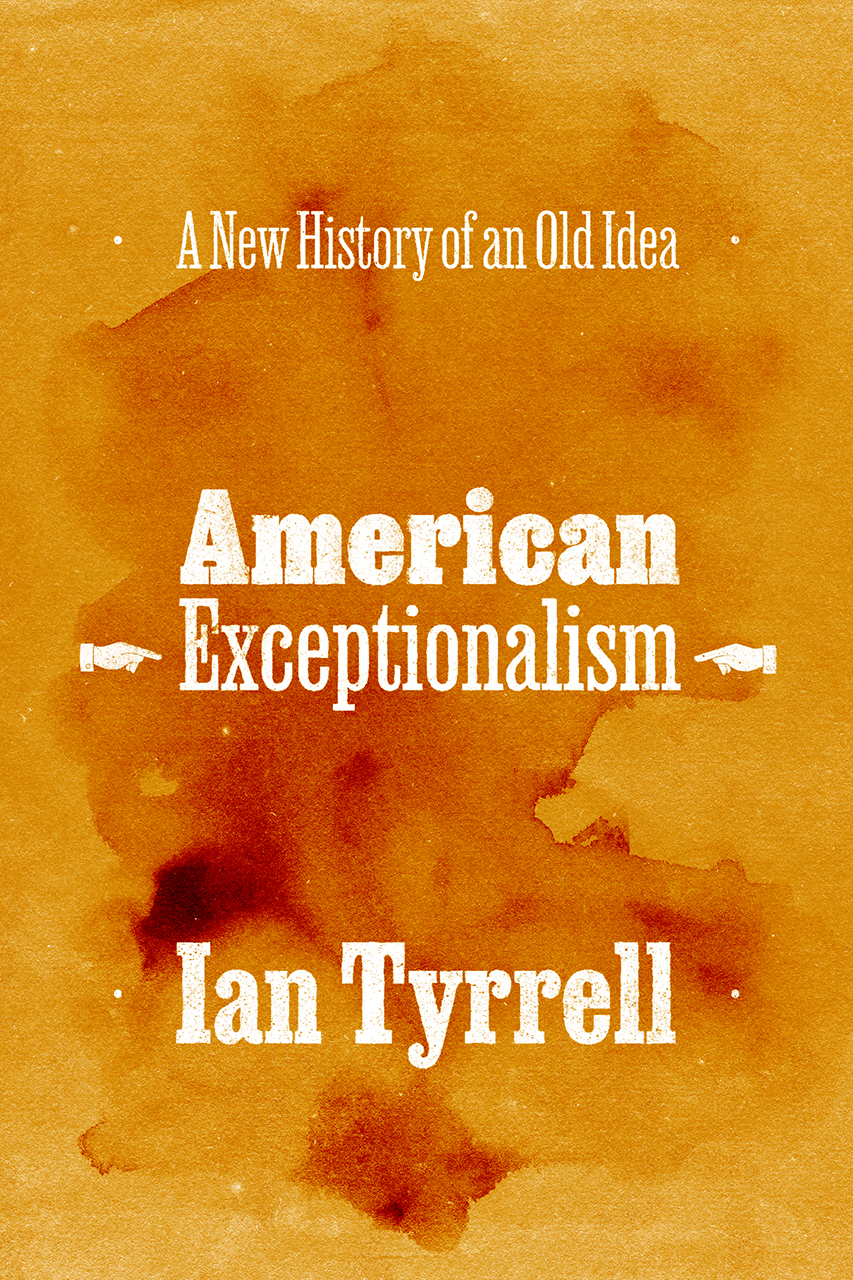Douglass’s tactic of inverting patriotic discourse to challenge the presumption of American arrogance has had its counterparts with every national myth. Discovery was also conquest, and the breadbasket of the world rose upon the funeral pyre of the country’s indigenous peoples. Technological prowess generates poverty and environmental disaster. The nation of immigrants unjustly excluded more than half the world and treated many of those it let in with cynical cruelty. The arsenal of democracy defeated the Nazis but Americans also committed war crimes by dropping atomic bombs on Hiroshima and Nagasaki and launching the cold war nuclear arms race. On a more intimate level, GI’s who returned as heroes also pushed women out of the jobs they filled during the war and encouraged their return to the kitchen and nursery. Or the power of the father rests upon his capacity in inflict violence, including rape, on those that he claims to defend. The dilemma facing every form of exceptionalist thought is how quickly each subject of praise invokes its negative.
The connection of universal transcendentals with a wide variety of immediate political demands makes “American exceptionalism” one of the slipperiest concepts found in the history of U.S. ideas. Tyrrell provides his readers a thorough exploration of the many forms exceptionalist thinking has taken over the last two centuries. Tyrrell details the relation of exceptionality to Protestant moral reform, Christian republicanism, secular republicanism, westward expansion, Anglo-Saxonism and an equally widespread Anglophobia. He discusses transcendentalism, environmental consciousness, abolition, and the women’s movement. Tyrrell’s argument is that to the degree that proponents of these movements adopted exceptionalist rhetoric it was, as Douglass did, to give more drama to their critique of U.S. society. If and when the United States lived up to its promise, its potential, then the future would bring triumph and celebration. Since there were in fact readily visible problems and crises kept coming on a regular basis, early exceptionalist thinkers proceeded to explain the causes of defects within U.S. life and culture. Only the particular agenda each group advanced could elevate the country from its state of imperfection. As Tyrrell surveys the various components contributing to what will later become known as “American exceptionalism,” he finds elements for a transcendental reimagining of what the United States always and already is, but he argues, most of the key ideas and movements he surveys are not quite “exceptionalist” in the contemporary sense. In the nineteenth century, rhetorical focus always was what the United States could become. A celebratory version of “American exceptionalism” arrives after the end of World War II. Prior to 1945, “American exceptionalism” focused on the country’s potential, which required policies and politics, organization, activity, and a movement acting together to pass new laws. Engagement with politics and governance returned the country back into history, after a brief mental holiday in worlds existing only in pure thought.
